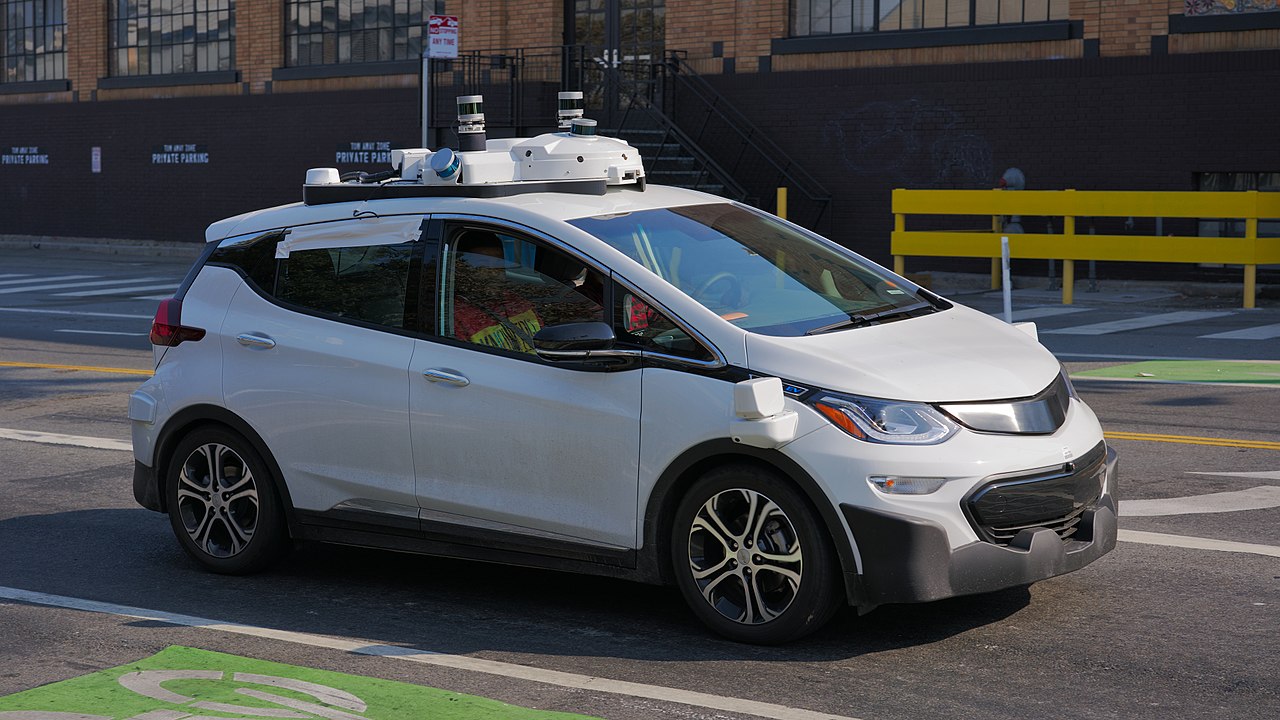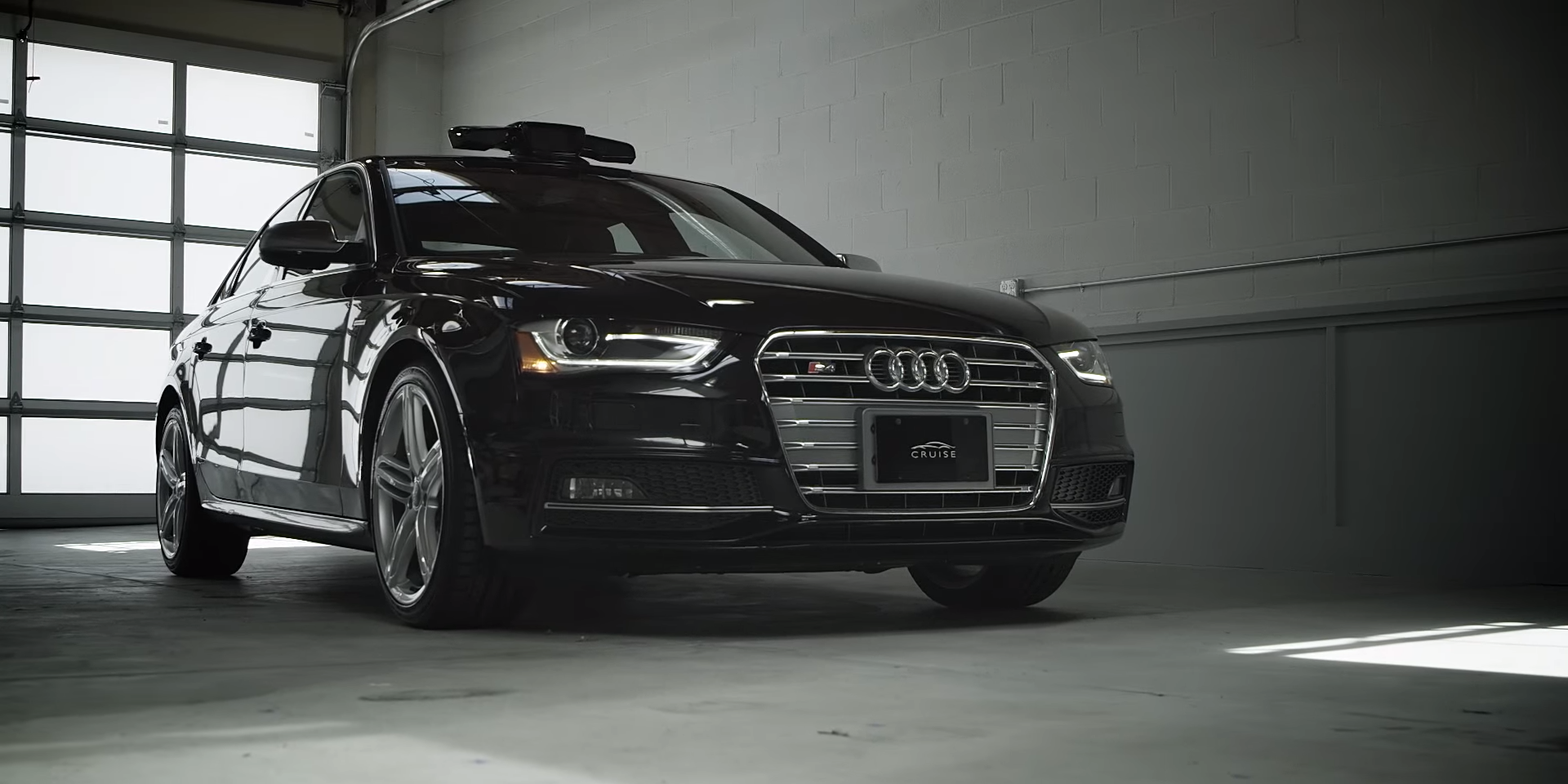Table Of Content

Companies working on automotive technology, which includes vehicle connectivity, autonomous driving technology, and electric vehicle technology. This includes EV manufacturers, autonomous driving developers, and companies supporting the rise of the software-defined vehicles. Self-driving startup Voyage announced it has been acquired by Cruise, a larger autonomous driving company.
New paths ahead
General Motors robotaxi unit Cruise seeks firm road ahead - Automotive News
General Motors robotaxi unit Cruise seeks firm road ahead.
Posted: Thu, 21 Mar 2024 07:00:00 GMT [source]
The lesson from Justin.tv, according to the founders of Justin.tv, is don’t repeat the mistakes of Justin.tv. And yet, on March 24, 2014, Vogt found himself pulling another last-minute almost-all-nighter to save his new startup, Cruise Automation, from a total meltdown. This time it was literal—the polylactic acid parts he had 3D-printed for his prototype car had melted in the California sun after the first day of YC’s high-profile “demo day” event. Cruise Automation, GM’s startup working on self-driving technology, has been releasing videos of its Bolt EV prototypes driving autonomously around San Francisco in order to show its progress.
Cruise AV

Cruise began testing its Origins on public roads in Austin earlier this year, and has made plans to launch an Origin-based robotaxi service in Dubai and Japan. Its technology includes camera-based driver monitoring that works both day and night to alert the driver. It was founded in 2016 and is based in San Diego, California. It uses sensors and machine vision technology to keep users in their lane and to keep a safe distance from the car in front of them. The company was founded in 2013 and is based in San Francisco, California. The auto maker has acquired Cruise Automation, a San Francisco-based autonomous vehicle technology maker.
Technology
Cruise Automation's Vogt, meanwhile, called the acquisition "a ground-breaking and necessary step toward rapidly commercializing autonomous vehicle technology." GM confirmed today that it is acquiring the self-driving car startup Cruise Automation for an undisclosed amount. The company was founded in 2013 by Kyle Vogt who is best known for being one of the co-founder of the streaming website Twitch.

Accelerating AV Development
Vogt, a reserved, media-shy Midwesterner, does not have a Wikipedia page yet, but self-driving cars are clearly his life’s work. He’s been passionate about them since participating in the 2004 DARPA Grand Challenge as an undergrad at MIT. At Cruise’s office, he rattles off the ways self-driving cars will improve society, alongside auto fatality stats (35,000 deaths last year in the U.S.). Now, under the umbrella of GM, his tiny software company has a chance to vastly expand its impact. "The Teamsters will fight Cruise's full resumption of autonomous vehicle operation in Arizona. We cannot allow this company's path of destruction in California to happen in our state."
But while most failed startups are quickly forgotten, Justin.tv’s legacy is traceable throughout the Valley. Young entrepreneurs revel in the mythology of the “Justin.tv mafia,” in part because Seibel and Justin Kan are now leaders at YC. As thirtysomething startup sages, they dispense advice from their time in the trenches to dozens of hopeful founders who come to YC for mentorship, introductions to investors and powerful alumni, and a small seed investment. GM announced that Cruise, its self-driving startup, has raised a new $2 billion financing round led by Microsoft. Sensors can see 360 degrees, hundreds of feet ahead, and around that double-parked car. Cruise cars make sense of this data in a split second, tracking every important object in view.
The failure rate for mergers and acquisitions—at least when it comes to meeting expectations—is just as high. Demo days are like beauty pageants for startups, where founders use big numbers, snazzy pitch decks, and a healthy dollop of snake oil to coax seven-figure checks out of an audience of influential investors. Now Cruise’s star player—Vogt’s black Audi S4, rigged with sensors that enabled it to steer and brake on its own—was a dud.
Consumer Technology
Cruise named as Challenger among 15 other companies, including Mobileye, Waymo, and Aurora. Elshenawy also acknowledged that the company would be hit with layoffs, as Vogt had previously announced internally, but did not provide any further details. The endgame of this process should be what he called a "general-purpose robot," able to learn as humans now learn. It could drive a car, fly a plane, or attend to more mundane tasks.
The announcement comes a week after peer TuSimple revealed plans for an initial public offering (IPO), at a time when self-drive technology is yet to be commercialised. “Every time we went there they’d moved along another nine steps,” says Dan Ammann, president of GM. The next morning Vogt, looking just barely presentable, drove Justin Kan to day two of the event. Kan had already invested $25,000 in Cruise “because it’s Kyle,” he says; he immediately invested more. He couldn’t believe they had built a car that drives itself in just three months (and then again, overnight). No amount of hero coding could make Justin.tv into a viable business; 24-hour lifecasting wasn’t compelling enough for a mass audience.
The company's goals are spectacularly ambitious, with CEO Dan Ammann effectively calling for the end of personal-car ownership and spurring Cruise to go after a multi-trillion-dollar future global ride-hailing opportunity. It’s become a cliché, when a startup sells to a large corporation, for the founders to spout hopeful phrases about “perfect alignment” and “inspiring commitments.” The company is the founders’ baby, and they’ve barely grasped the reality of letting it go. They take the team out for a big celebratory dinner as the congratulations pile up in their smartphone notifications. It’s common for large corporations to get friendly with potential competitors at vague “business development” meetings. Cruise used the meetings with Fortune 500 automakers and suppliers to set ambitious development targets for itself.
Companies developing artificial intelligence solutions, including cross-industry applications, industry-specific products, and AI infrastructure solutions. The ESP matrix leverages data and analyst insight to identify and rank leading companies in a given technology landscape. Previously, city officials in Cruise’s hometown, San Francisco, had complained that the company had operated with arrogance – seemingly expecting municipal agencies to bend to its will. At Cruise, Mehnna's team is tackling a whole new way of undertaking computer science, led by those autonomous EVs cruising through San Francisco. General Motors bought Cruise back in 2016 for around $1 billion, and through subsequent investment rounds, it's grown to a nearly $30 billion valuation.

No comments:
Post a Comment